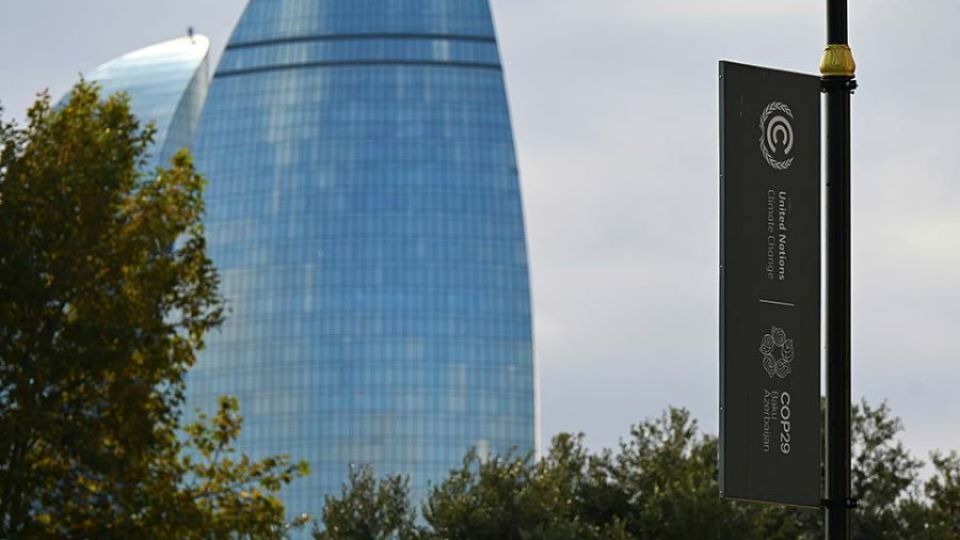November 8, 2024
BEIJING – With a series of proactive efforts to enhance global climate multilateralism, China has laid a good foundation for achieving positive outcomes at next week’s COP29.
Xia Yingxian, director of the Ministry of Ecology and Environment’s department of climate change, made the remarks in a news conference in Beijing in the lead-up to the annual United Nations gathering on Wednesday.
COP29, formally known as the 29th session of the Conference of the Parties to the United Nations Framework Convention on Climate Change, is slated to be held in Baku, Azerbaijan, from Nov 11 to 22.
China has maintained close communication and collaboration with Azerbaijan, the UN, the UNFCCC secretariat and a wide range of developing and developed countries to advance global climate governance, Xia said.
In the face of a complex international landscape, China has hosted various climate diplomacy events, including the 8th Ministerial Conference on Climate Action, the BASIC Ministerial Meeting on Climate Change and a gathering of like-minded developing countries, he added.
The director emphasized the remarkable role of the 8th Ministerial Conference on Climate Action in bridging the divide between the Global South and North, aiming to foster favorable outcomes at COP29.
Taking place in Hubei’s provincial capital Wuhan in July, the conference saw participation from delegates representing UN entities and 34 countries. The attendance of 30 ministerial-level officials marked a historic high for the meeting, he said.
He said the gathering was not only supported by COP29 host Azerbaijan, but also by the United Arab Emirates, which hosted COP28 last year, and Brazil, where the UN climate change conference is going to be held in 2025.
In the meeting, delegates were engaged in frank, in-depth discussions about a series of key topics, including coordinating biodiversity and climate considerations, and striving to build trust, dispel doubts and seek common ground while reserving differences, he noted.
A chairman’s summary document was released after the conference, reaffirming the commitment of all parties to the basic principles of the UNFCCC and its Paris Agreement, Xia said.
“This summary document helps clarify critical issues for future climate negotiations, ensuring a balanced reflection of concerns from both the Global South and North and also pinpointing potential bridging solutions,” he said. “It has also established a robust groundwork for attaining favorable results at the forthcoming Baku climate conference.”
A key task for COP29 is to establish a New Collective Quantified Goal on climate financing, which represents a post-2025 climate financing commitment from developed economies to developing nations.
“Climate finance, as a focal point, hot spot and challenge in the international climate process, is crucial for building trust between developed and developing countries, and it is key to advancing multilateral progress,” Xia said.
He said it is crucial to uphold the principles, provisions and mandates of the Paris Agreement, ensuring that there is no renegotiation or alteration of its pertinent provisions on climate financing.
“Developed countries should fulfill their funding obligations and continue to lead in mobilizing funds, encouraging other countries to participate voluntarily,” he said.
Xia underlined the critical importance of funding from developed countries being predominantly sourced from public funds.
“Funding from public sources can send strong and consistent policy signals to the global community, thereby amplifying and broadening financial support from multilateral development banks and private sector investments,” he added.


